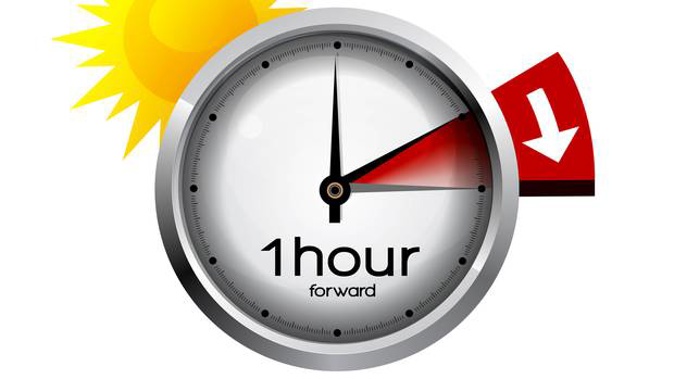
As if we haven't been through enough already this year, new research has found Sunday's switch to daylight saving time boosts our chances of pranging the car - especially on day one.
Clocks go forward an hour at 2am Sunday, and although dairy farmers milking cows in early autumn darkness have for years railed against our biannual changing of the clock, the country's majority urban dwellers welcome its long, day-lit evenings.
Tomorrow the sun will rise in Auckland at 6.04am, and will set at 6.20pm. On Sunday, push that forward an hour each, with the sun not inching back to a 6am rise again until mid-November.
But it's not just early risers with reason to grimace.
A University of Auckland research paper has shown motorists face challenges of their own, with the start of daylight saving time linked to an increase in road crashes.
The paper, based on ACC data covering 12.6 million claims between 2005 and 2016 and written by the university's faculty of business and economics Professor David Robb and London-based Thomas Barnes, found the body clock isn't as easily switched as the mechanical one.
Giving new meaning to the Covid-19 message of stay home, save lives, Sunday might be a good day to venture nowhere - the data showed road crashes jumped 16 per cent on the day clocks go forward, Robb and Barnes found.
"[And] as the Sunday when DST starts is only 23 hours long, the average crash rate is higher by 23 per cent."
By Monday the increase eases to 12 per cent before halving to 6 per cent up for the remainder of the work week.
The news was better for the risk of falls or mishaps in the home and community: accident rates drop before clocks change, suggesting people changed their behaviours in anticipation of the switch, Robb and Barnes found.
Work is also a good option on Sunday, with the research showing daylight saving time changes had little impact on work accident rates.
And in another nod to 2020-haters counting down the days to 2021, there was more good news.
Although crashes are more likely on Sunday, as we lose an hour of rest, the same can't be said for when clocks go back an hour on April 4, Robb and Barnes said.
"The study found an increased road accident rate at the start of daylight saving time in spring, but no significant effect at the end of daylight saving time in autumn."
Take your Radio, Podcasts and Music with you









